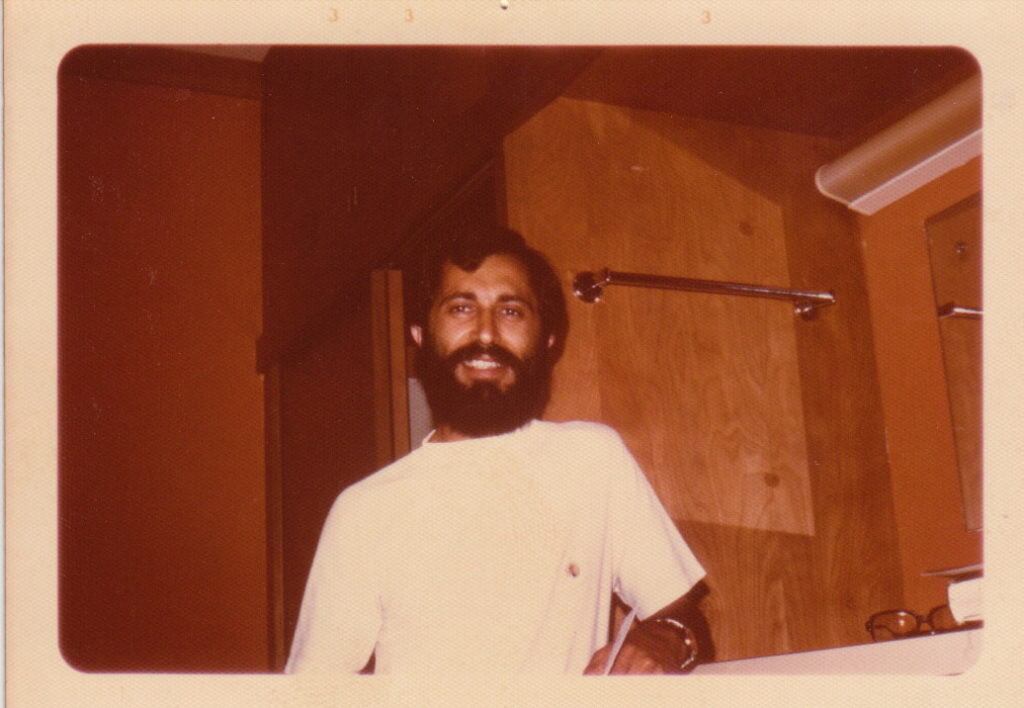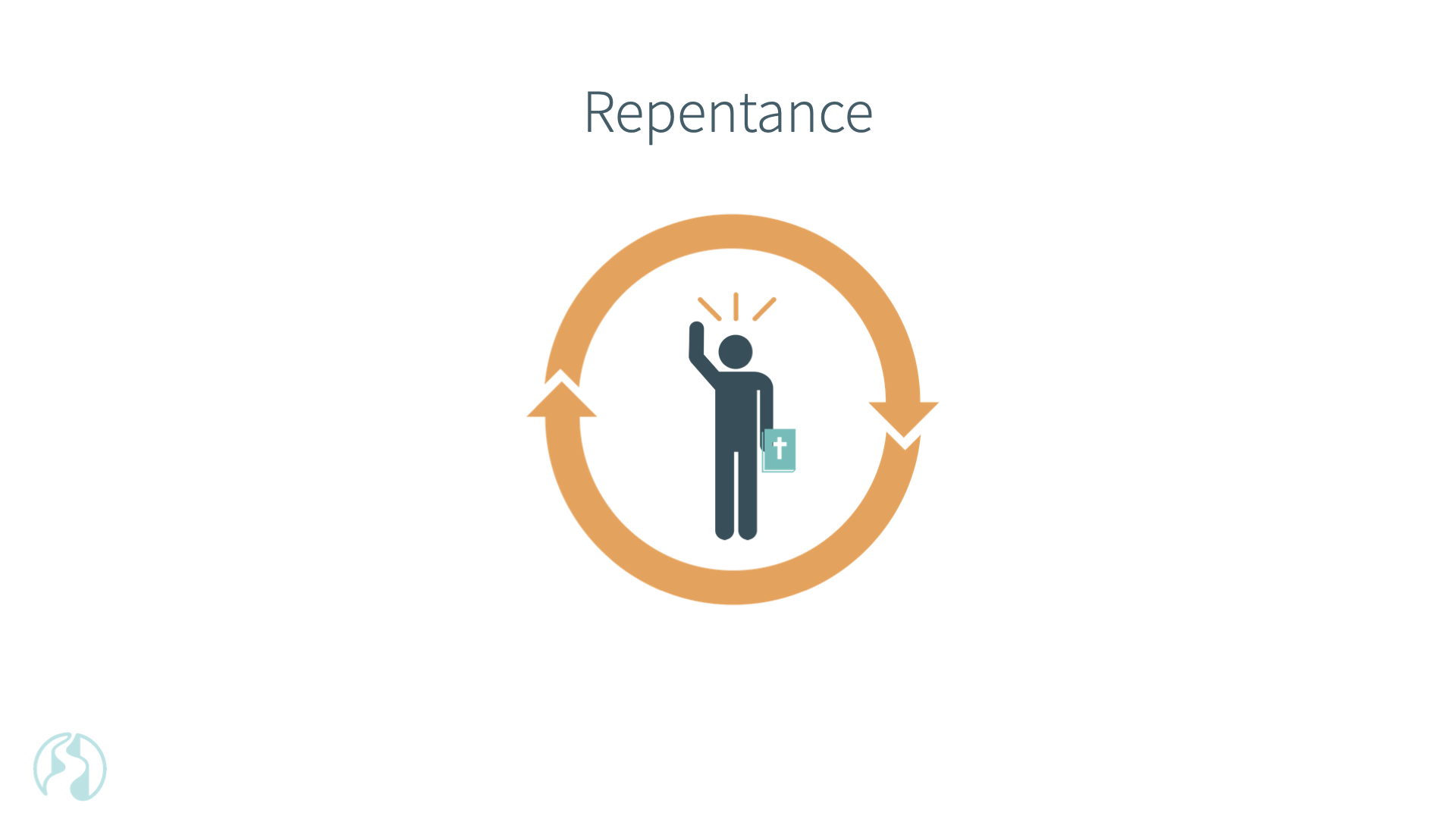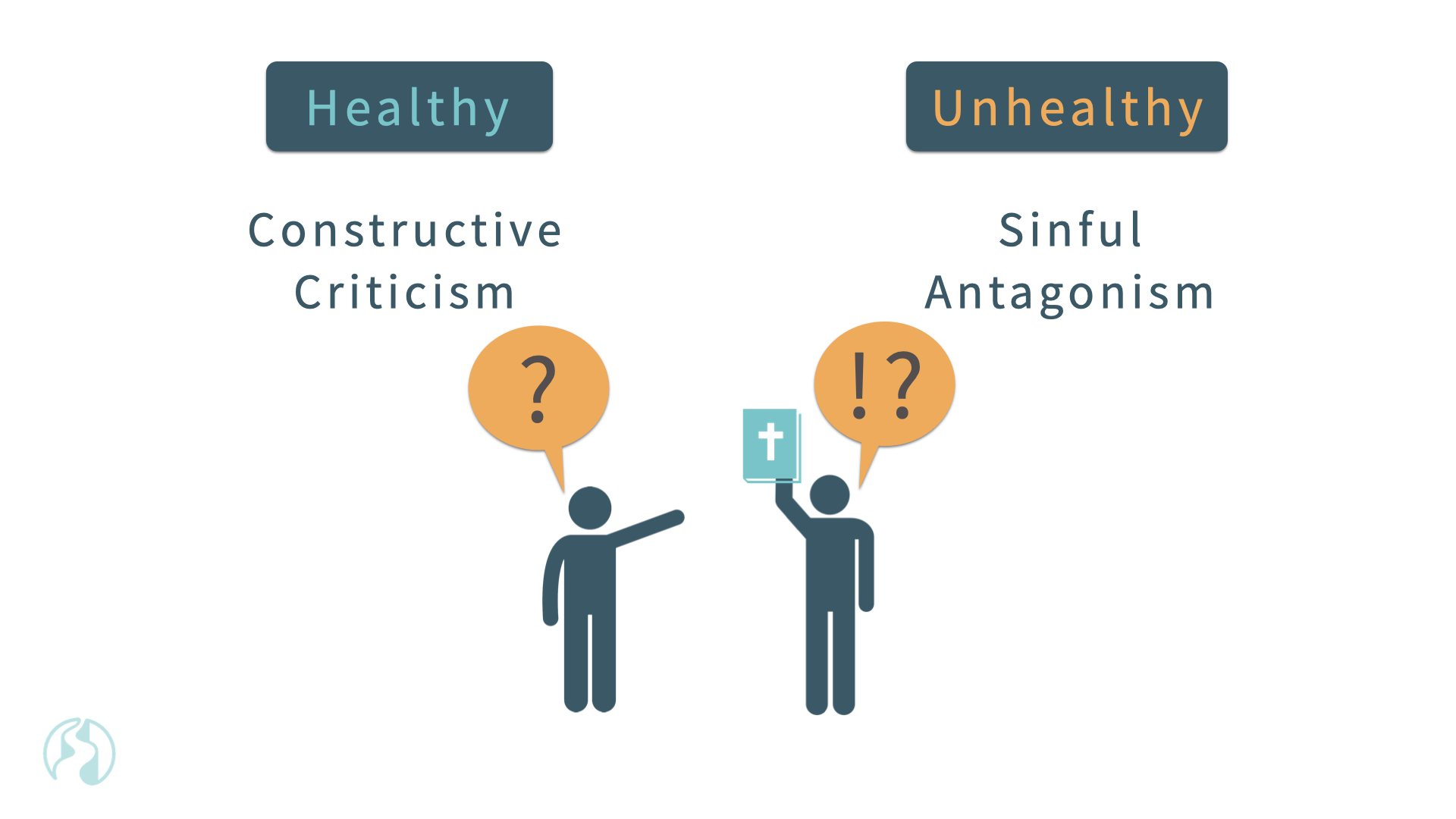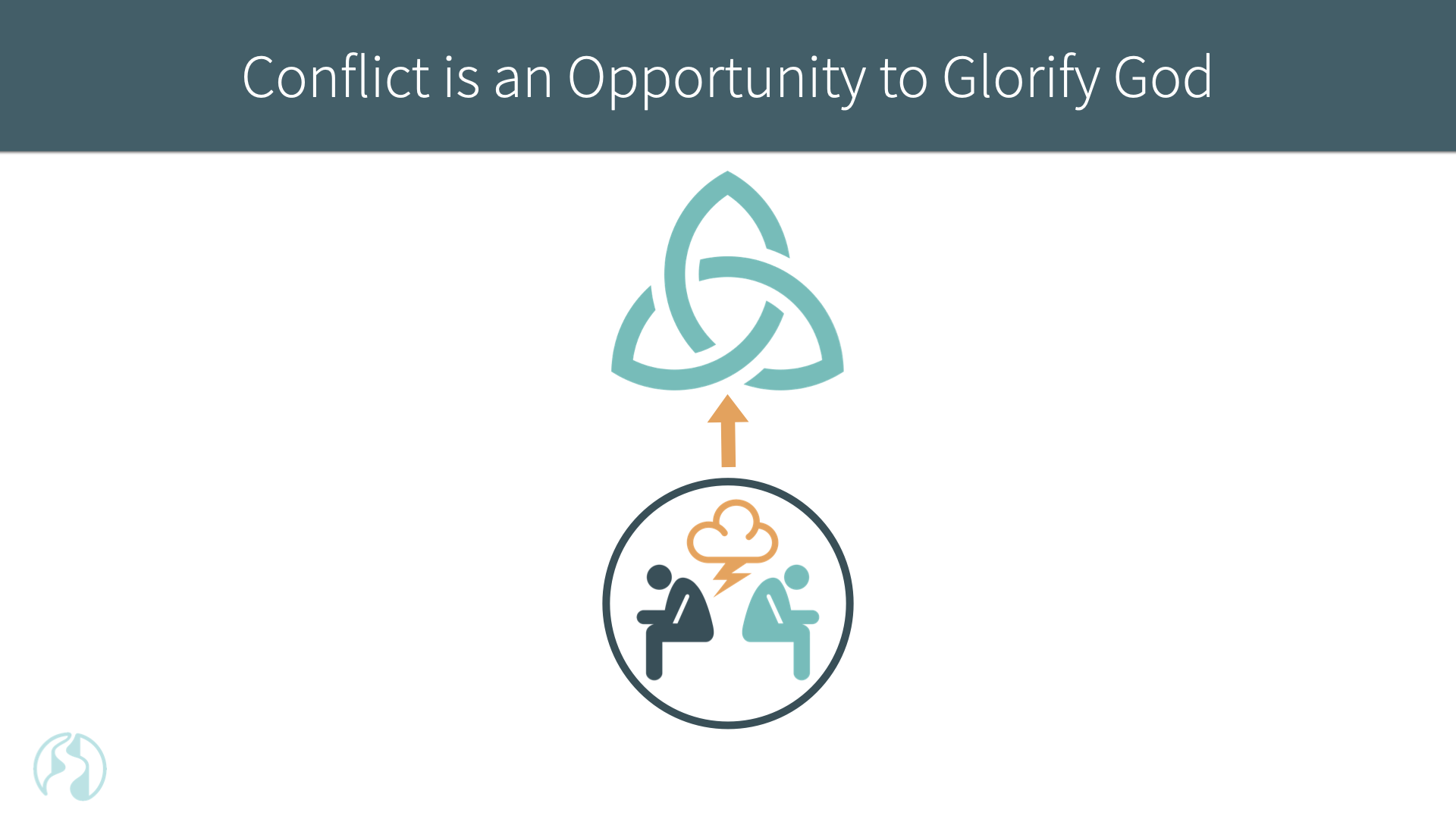
Pathway Learning Blog
Access our growing library of hundreds of blog posts covering topics relevant to church leaders. Preview and read these blog posts now.
SEARCH THE BLOG
Looking for something in particular? Search our hundreds of blog posts on topics of interest to church leaders.

Dear Behzad: A Letter From My Daughter to My Spiritual Father Before His Death
My youngest daughter, Laura, who had never met him, asked me if she could also write him an email. And she did. He told me later that words cannot express how much her email meant to him just before his open-heart surgery. Little did any of us know that Behzad would keep Laura’s2014 letter and draw great comfort from reading it again prior to his death last week. Behzad wanted me to share Laura’s letter with his family and friends again. So, here it is:

Reflections On The Passing Of My Spiritual Father: Behzad Pakizegi
My spiritual father's departure from this life came last night. He is now with Christ and no longer suffering. I'll never forget the first time I met him in the Fall of 1973. I had gone with friends to disrupt a floor meeting in my freshman dormitory advertised as a presentation of the claims and credentials of Christ. After we disrupted the meeting, suddenly, a dark bearded Middle Eastern man stood up and walked toward us, carrying a Bible and smiling broadly.

How Do I Forgive Someone Who Wronged Me? (Managing Conflict, Part 6)
Forgiveness is not merely a feeling. It is primarily a decision, an act of the will, that God calls you to make, often in spite of your feelings. Forgiveness is always costly, just like it cost God something great, in his Son, to forgive you. It will always cost you something great to forgive someone else. The person who has wronged you is in your debt until you decide to release that debt you've been holding on to. Forgiveness is a costly choice for you, but a choice that always pays the giver rich dividends.

How Do I Own Conflict as a “Chief Repenter”? (Managing Conflict, Part 5)
One of the most significant ways that church leaders can serve as examples to the flock is through their repentance. Only through the Gospel can we find the power to be criticized and then to humble ourselves and confess our sins to others no matter what their response might be to us.

How Do I Manage Conflict? (Managing Conflict, Part 3)
There is a big difference between constructive criticism and sinful antagonism. Some leaders become unnecessarily paranoid when others disagree with them.

How Do I Redeem Conflict? (Managing Conflict, Part 2)
When faced with conflict, the first question we should ask ourselves is “How can I best honor God and love this person?"

How can I make a lasting impact? (Ultimate Questions, Part 4)
Begin answering the question "How is God carrying out his purpose?" and thinking through what the answers mean for your life.

Is there any hope for the future? (Ultimate Questions, Part 3)
Begin answering the question "What is God's purpose for the world?" and thinking through what the answers mean for your life.

What in the World is God Doing? (Ultimate Questions, Part 2)
“What in the World is God doing?” Learn how to look at history through the biblical lens of a 5-Act Play and what Act you're in today!

Is History A Meaningless Cycle of Events? (Ultimate Questions, Part 1)
Nothing really makes ultimate sense in life until we can answer these kinds of questions. In many ways, the history of civilization is the history of human beings trying to answer these ultimate questions of purpose and meaning. Ultimate questions deserve ultimate answers.

Read My Pastor's Response & Prayer re: Racism in Charlottesville
When my pastor, Mike Tilley, stood before our local church in Orlando this morning, after the conflict with white supremacists in Charlottesville yesterday, he said these brief, wise and timely words to us and then led us in this simple but profound prayer. I hope you will find this helpful, as I did.

Finding Your Story in God's Story by Steve Childers
God created everything that exists, including the earth and all the nations on it for a purpose. The degree to which we understand God’s purpose for the world is the degree to which we will understand God’s purpose for our lives in it. And the degree to which we align our life purpose with God’s purpose for the world is the degree to which we will experience the fullness of God’s purpose for our lives.

All Things New (Act 3, Scene 1): Redemption-The Coming Kingdom
Jesus is beginning to set in motion all that would eventually bring about the universal rule and reign of God over not just Rome, but over all the nations of the earth and the entire world.

All Things New (Act 2): The Fall – The Way Things Are Not Supposed to Be
In order to appreciate the good news of the gospel you must deeply understand the bad news about all the consequences of the fall--mankind’s rebellion against God. A gospel that is not a remedy to all the consequences of the fall is less than the true gospel. A limited understanding of the gospel often results in a false assurance (or lack of assurance) of salvation, a lack of spiritual maturity and a minimal impact on the world for good.

All Things New (Act 1): Creation – The Way Things Are Supposed to Be
The first act in the drama of history is God’s act of creating and sustaining “all things visible and invisible” (Nicene Creed). Note that the story of the gospel does not begin with Christ and his salvation but with God and his creation. This is because you cannot fully understand Christ’s salvation until you first understand its relationship to God’s creation.

All Things New (Introduction): The Greatest Story Ever Told
The only way to really know God is to know his story. And the Bible is a record of that story. Even though the Bible contains hundreds of stories it has only one overarching story. And even though the Bible contains sixty-six books it has only one overarching message. What’s interesting is that the central message of the Bible, the gospel, comes to us primarily by means of stories found in the Bible.
